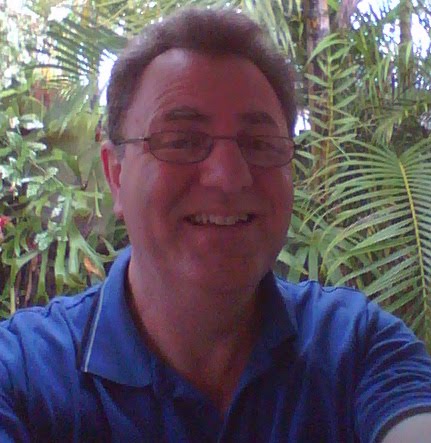What do I know about the life of white people, black people
and ‘high yellers’ in Louisiana in 1985? Not a great deal. Here in this book I
find myself involved in the life of a community and a family in Belle Place,
Louisiana, a sugar-cane-growing region.
There is Grandmother Maymay, T-man, her husband, Mother Tut,
their daughter and T-red, their son, married to Bumblebee. Finally there is
Celeste, the eldest of Mother Tut’s children, twelve years old at the opening
of the novel.
Mother Tut and Celeste are ‘high yellers’ who could almost
pass for white.
Tut was very young when she had her children, so young that
really Maymay acts as their mother, with assistance from Bumblebee. Mother Tut
is almost childlike—perhaps a little ‘simple’. She is irresistible to men, has little
resistance to their approaches, and is regarded as a slut by the community. She
has, however, an endearing, naive quality. This, along with her physical
beauty, is perhaps what makes her so attractive to men.
Celeste, by contrast, is much older than her years and very
intelligent. She is blessed—or perhaps cursed—with her mother’s good looks. She
struggles to avoid her mother’s fate.
In many ways this is a coming of age story. Celeste is the
central character, and much of the narrative is related from her first person
perspective. However, at times the first person narration is taken up by
others, most often Tut. Celeste at the beginning of the novel is twelve years
old, but by the end is perhaps sixteen or seventeen. Along the way she is
strongly attracted to a young Rastafarian boy called Vashan.
Mother Tut has the opportunity to escape her life in Belle
Place when she is taken away to another town by a worker in the cane fields
known as ‘Black’. Will she be able to break out of the behaviour and lifestyle in
which she is trapped? Will Celeste be able to reach her potential? These are
the central elements of the plot here.
Among the themes which I found fascinating was the
exploration of intra-racial prejudice between the various ‘degrees’ of
blackness within this community. As a white man it is difficult to know how to
discuss this without unintentionally offending someone or straying from
political correctness. Suffice it to say that the seemingly infinite capacity
of the human species to divide itself into ‘us and them’ is alive and well in
Belle Place, Louisiana. Or, at least, it was in the 1980s.
The strength of this novel was in its characterisation,
particularly that of Mother Tut and Celeste. Despite their flaws these
characters were mostly likeable, and certainly understandable. Although they
sometimes behaved badly, there was never a sense that this was the only thing
to say about them. I did think from time to time that the author was resorting
to African-American stereotypes; but perhaps these stereotypes have their origins
somewhere/somewhen in the real-life experience of the author. I’ve met a few
stereotypes myself over the years.
I enjoyed the language, which included elements of Creole
and French as well as the colourful version of English spoken in those parts.
The voices sounded authentic to me. On the other hand, what do I know about
that time and place?
The novel is perhaps weakest when it comes to plot. I did
not sense any great movement or development in the plot until near the end,
when there are real moments of suspense and tension. I thought a few more
moments of tension and conflict along the way would have given the narrative a
more interesting contour. Character is very much the dominant element here.
There is one very interesting development towards the end,
which would not generally be expected in a novel that is narrated in the first
person. I will say no more about that, except to say that it was very
effective.
The editing let the author down a little here and there,
particular in the latter third of the novel, when there were an increasing number
of typos. I suspect the author had at some stage switched from a third person
to a first person narrative, and some of the pronoun changes were overlooked (‘them’
instead of ‘us’, for instance).
While I loved the characterisation here, because the plot
was not as strong or as contoured as it might have been, I am inclined to give
this three and a half stars, but rounding this up to four where necessary.

